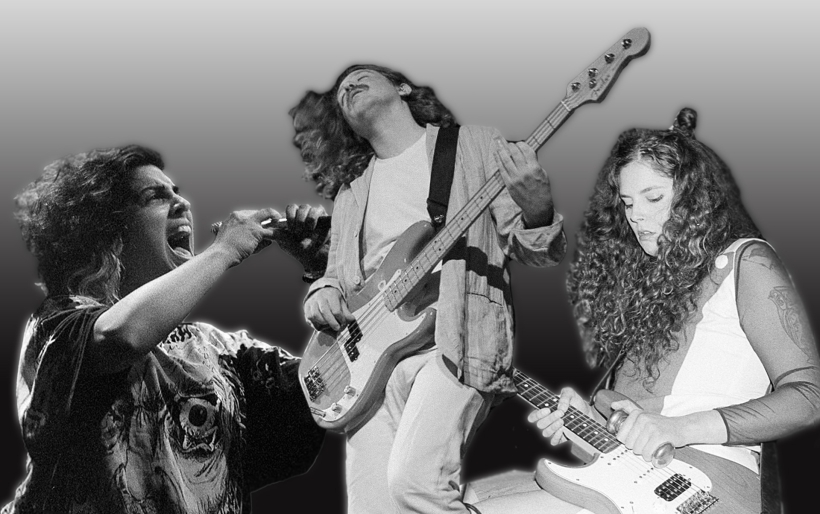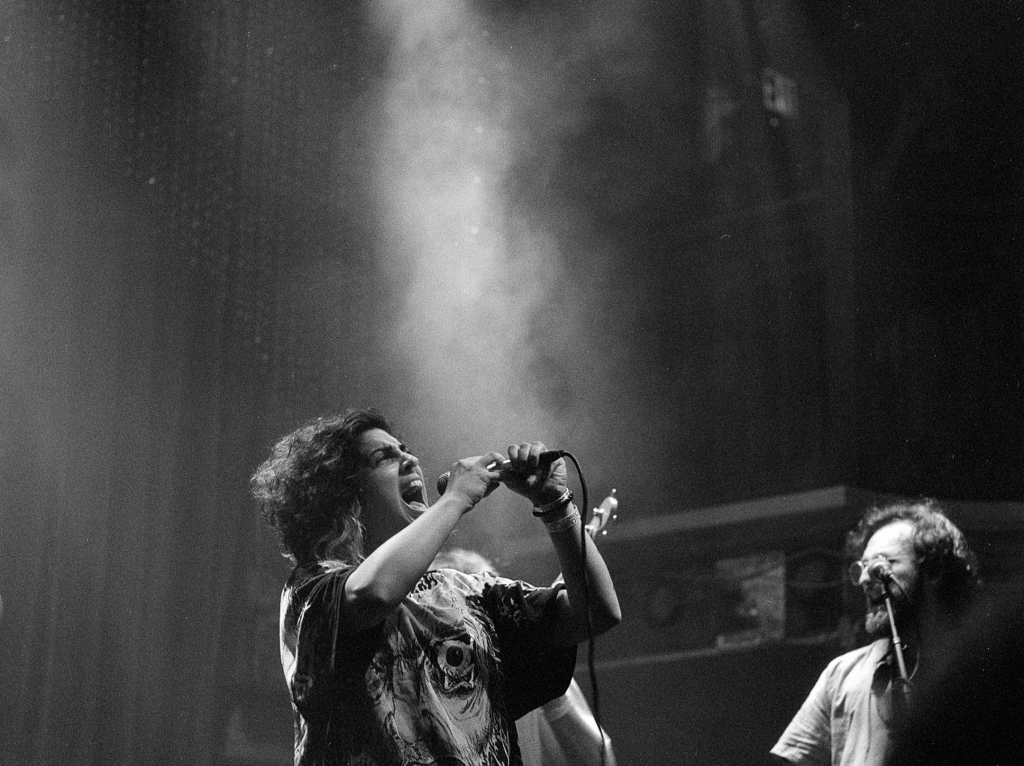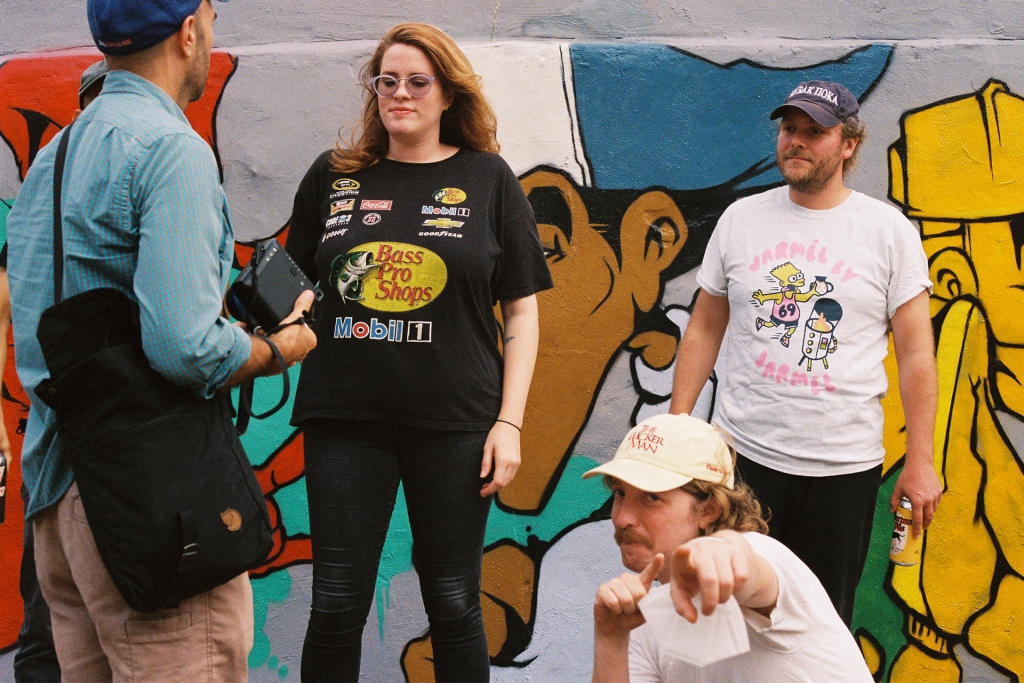If you’re tuned into the music industry, you’ve heard it time and time again: the touring life is getting harder for our favorite musicians. Lingering effects of COVID-19, economic inflation, ticket retail monopolies, and managing physical and mental wellbeing are barriers all musicians face, even at the highest professional level. It’s frustrating to see canceled shows or sky-high ticket prices as a fan, but it helps to remember all of the above factors play a role. In Philadelphia, we’re fortunate to have a supportive network of music industry figures, from musicians to promoters to media to audiences. If the ecosystem operates in good faith, perhaps we could iron out some of the hardships of, ironically, the entertainment industry. For insight into the world of touring, the lifeblood of the music business, WXPN spoke to three artists from different backgrounds to better understand where the kinks in the system exist and the insecurities behind musicians’ unique nature of their work in the hopes of illuminating the industry’s greatest challenges, and offering solutions to fellow musicians and audiences alike.
For creative types especially, there are many allures to being a touring entertainer. There’s the perceived glamor of “seeing the world,” and the implied partying that comes with the rock star lifestyle. And of course there’s the escape from office culture: not everyone is trying to dedicate 40-plus hours a week to sitting at a desk. “I never felt cut out for office work,” says Zayna Youssef, frontperson of the Philly-born pop-punk group Sweet Pill. For Sweet Pill and many other emerging bands, going on tour at all means you’ve reached that next level in your career. Artists have to go beyond the same hometown crowds to build their audience further, and in conversation with touring musicians, the word “lucky” was brought up frequently. They feel “lucky” to make a living working with fellow musician friends. “Lucky” to be free from a desk or a boss. “Lucky” to connect with fans across the country and beyond.


